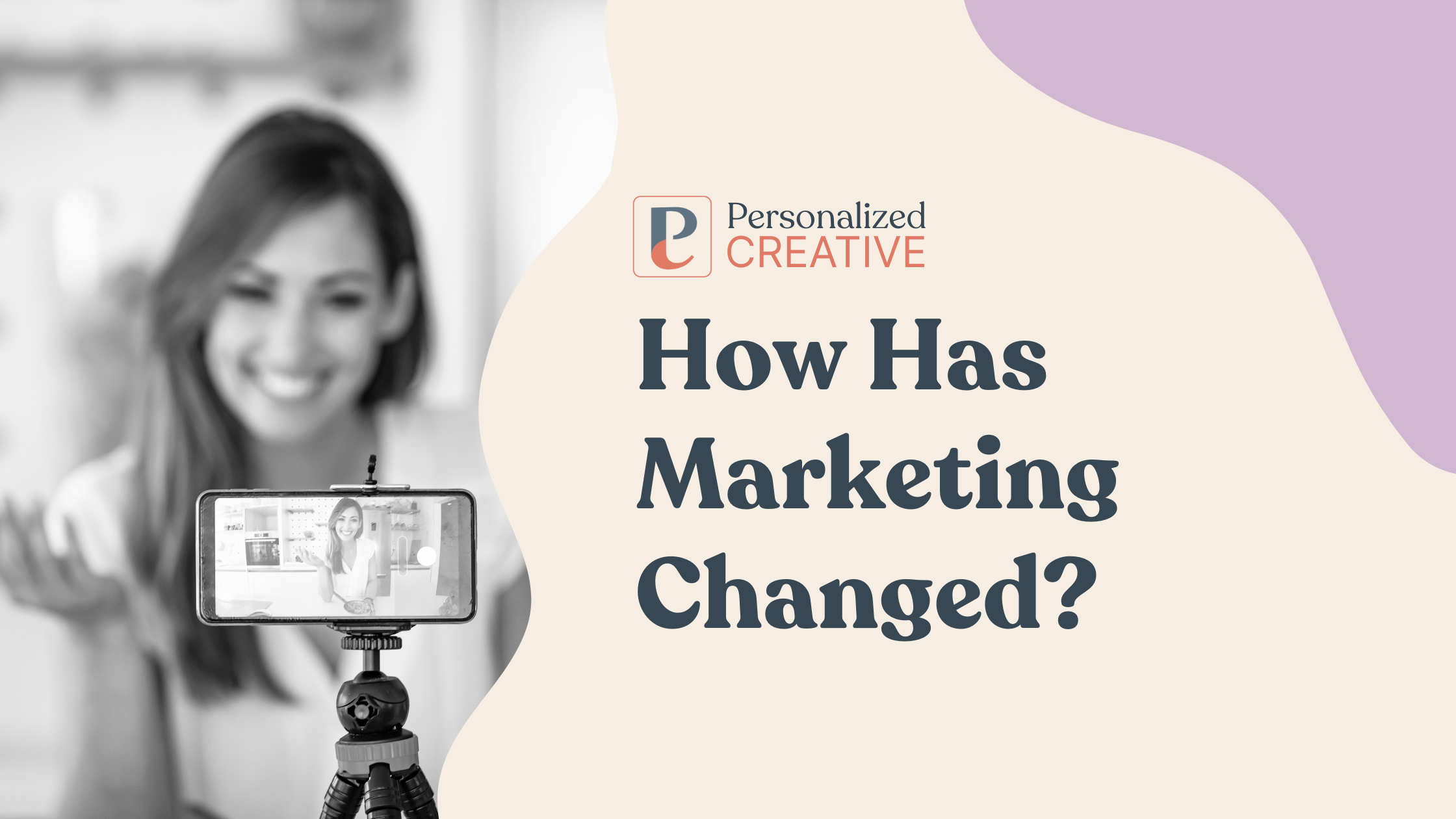How Has Marketing Changed?
Over the course of 10+ years, both individuals and marketing strategies have transformed significantly. The rise of digital marketing has led brands to leverage every available channel to reach their target audiences. In this blog, we’ll explore how far marketing has come in recent years and the current trends shaping the industry.
The Transformation of Digital Marketing
The History of Digital Marketing
To understand current changes, it’s essential to look back at the origins of digital marketing. The American Marketing Association defines marketing as “creating, communicating, delivering, and exchanging offerings that have value for customers and society.” In essence, marketing is about promoting products or services to drive sales. It includes various types, such as:
Traditional marketing (e.g., direct mailers, signage)
Outbound and inbound marketing
Digital marketing (including email, video, content, product, interactive, influencer, relationship, native, search engine, social media, and affiliate marketing)
These strategies often overlap. For example, video and social media, or content and SEO, can be combined.
Early Digital Marketing Strategies
Marketing has ancient roots, with evidence of customer complaints from 3,000 BC and advertisements in Pompeii. Digital marketing began in earnest with email marketing in the 90s, followed by the rise of social media in the early 2000s. Since then, big data has become crucial for understanding a brand’s target audience and creating successful campaigns.
In 2012, SEO was a primary focus for marketers, aiming for better rankings in Google's search results. Video marketing also gained traction, with Americans spending significant time watching videos on online platforms such as YouTube. Other notable trends included cross-channel optimization, performance marketing, and privacy compliance.
How Digital Marketing Has Changed
Over the past decade, the internet has revolutionized marketing, shifting focus from traditional methods to dynamic digital strategies. Social media has played a significant role in this transformation specifically, with platforms like Facebook and Twitter becoming vital communication channels for brands. The rapid rise of social media has pushed most traditional marketing tactics to the background.
Because brand presence on social media has surged so explosively, marketers are nearly required to stay on top of trends and constantly innovate to keep up. Now, 88% of people research businesses online before making purchases, making effective digital marketing crucial.
To stay relevant, marketing professionals and their brand’s marketing strategy must remain flexible and adapt to the constant shifting of consumer preferences and online trends.
As social media and technology advance, so must the tactics businesses use to engage audiences. PR professionals need to stay informed about digital marketing innovations to remain effective.
Current Marketing Trends
As marketers, staying updated is crucial to maintaining relevance and success. Here are key trends shaping marketing in 2024:
Influencer Relationships: Influencer marketing is booming, with brands partnering with micro and nano influencers for more authentic connections.
Interactive Content: Engaging formats like quizzes, surveys, polls, webinars, and interactive infographics are popular for boosting web traffic and brand loyalty.
Video and Live Streaming: Video content remains in high demand. Brands use live streaming on platforms like Facebook, Instagram, and YouTube for various purposes.
Podcasting: Podcasts have become mainstream, with nearly one-third of Americans regularly tuning in.
Short-form Video Content: Platforms like TikTok, Instagram Reels, and YouTube Shorts dominate. These videos connect deeply with audiences and are easier to produce and repurpose into other content forms.
Value-based Content: Consumers increasingly align with brands that share their values, and they consistently express their desire to support a brand that supports causes they care about.
Artificial Intelligence: AI is transforming marketing, and AI tools speed up processes like writing and editing, enhancing efficiency and competitiveness.
Future Predictions
Looking ahead, marketers anticipate further changes. Voice search SEO is expected to grow alongside the continued rise of podcasting and video content. Automation and AI will become increasingly integral.
In summary, the last decade has seen profound changes in digital marketing. As technology and consumer behaviors continue to grow and change, so will marketing strategies, requiring continuous adaptation and innovation.
Don’t let the ever-changing climate of marketing overwhelm you. At Personalized Creative, our team of marketing professionals is here to leverage your brands, keep up with the trends, and help make your business a success. Contact us today to learn more about what we offer!
